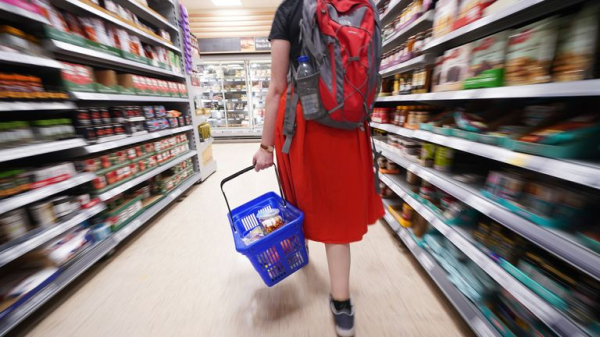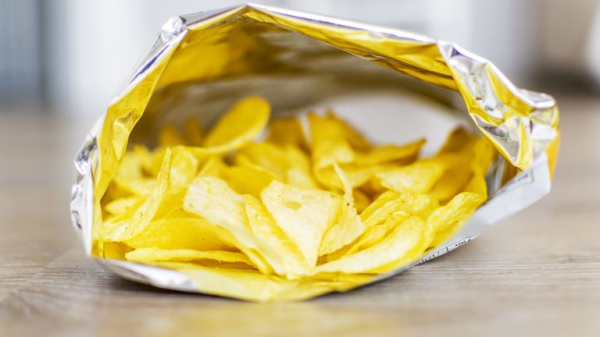Food insecurity leads to unhealthy eating and contributes to obesity, MPs’ report finds

A fifth of UK households are struggling to get access to good quality food at reasonable prices causing them to turn to high-calorie alternatives which is likely contributing to obesity, a report by MPs warned.
The Environment, Food and Rural Affairs (EFRA) Committee is calling on the government to explore the options of extending the provision of free school meals and to break the “junk food cycle”.
It said nearly 18% of households experienced moderate or severe food insecurity in January as prices hit 40-year highs.
The MPs also raised concerns that “many households are skipping meals” as supermarkets pay high levels of dividends to shareholders.
The report says the promotion by retailers of relatively low-cost food which is high in calories but low in other nutrients – like biscuits, burgers and other highly processed items – has led many poorer people in the UK to become obese.
It said the struggle to get good quality food at reasonable prices and turning to unhealthy alternatives is likely to contribute to making 40% of the population obese by 2025.
The MPs warned that food that is high in fat, sugar and salt is “often considerable cheaper” per calorie than healthy food, fuelling obesity levels in poorer households.
The report also said the high and sustained rate of food inflation meant many households were having to take measures to save money like skipping meals.

The committee has called on the government to review whether income support packages for poorer members of society were sufficient to stop people needing to turn to food banks.
The chair of the committee, Sir Robert Goodwill, said food security “matters to us all”, adding that the report calls for “more attention” to be paid to the “guaranteed supply of good quality food – at prices which suit both producers and consumers”.
Ministers were urged to carry out a full impact assessment of the introduction of a sugar and salt tax that could help drive healthier choices.
A government spokesman responded: “We know food prices are worrying for households across the country, which is why we’re sticking to our plan to halve inflation this year, and ministers are keeping in close discussion with the industry about the cost of food.
“We have introduced a number of measures to tackle obesity, recently implementing clear food labelling guidelines to help people make healthier choices for themselves and their family when eating out or getting a takeaway.
“We estimate there will be a reduction of 70,000 children and 300,000 adults living with obesity as a result of this policy.”
